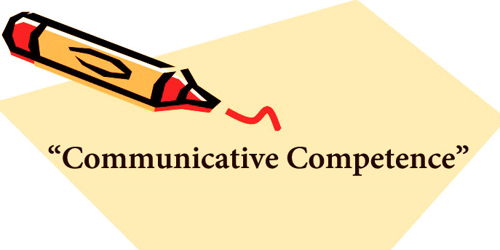Instilling the culture of Reading in schools – An Open Speech
As a form five student studying at a local school, I must admit that we have a long way to go to making Malaysia a reading nation. At schools, I have found that most students only focus on studying and preparing for important examinations. Their reading is limited to school books and hence, they possess restricted knowledge.
Although the ministry of education had introduced the English literature component at the secondary level, the standard of English leaves much to be desired. I personally feel the prescribed novels and short stories are inadequate to increase the standard of English among students. Thus, I propose that schools allocate more time for reading English books, especially non-academic books such as novels and short stories which have literary values and merits. Books that can enhance one’s general knowledge are plenty and should be suggested as part of a regular reading campaign.
The reading culture must be instilled at a young age. Admittedly some students speak and write well in English largely due to their parent’s encouragement who are either highly educated or encourage their children to read widely and extensively. A large number of students are not that lucky and those who come from poor backgrounds do not have the advantage of reading and improving their language skills. Thus, schools play a very important role in encouraging the reading habit among students. Merely emphasizing reading is not enough. Schools must set the trend.
At least two free periods must be allocated for reading. Each classroom should be well-stocked with books and students instructed to read at least three books in a week. An English language teacher or the existing English teacher should be appointed to discuss the books that students have read. The discussions can center on the literary merits of the books as well as literary criticisms. Hence, in this way, students are taught critical thinking skills and nurture the ability to think and discuss openly a variety of issues. The school library should also be well-stocked. Currently, school libraries mostly stock academic books. Very few acclaimed works of fiction by great writers such as VS Naipaul, Salman Rushdie, Timothy Mo and even classical writers such as Mark Twain, Charles Dickens, RL Stevenson, John Steinback, Vladimir Nabakov, and local writers are stocked.
Students should also be given assignments related to the books they have been assigned to read, and not merely confined to the prescribed novels in the examinations. In this way, they would strengthen their writing skills and would not feel intimidated when they enter university and having to research books mainly written and available in English.
It is my belief that if the above suggestions are taken seriously and incorporated by the schools as part of the curriculum or even extra-curriculum, the low esteem that an overwhelming number of students feel regarding their English language ability will be a thing of the past. in fact, students themselves would eventually develop an interest in the language and would try their best to improve themselves without the prompting of school authorities and their teachers.
Information Source:
















